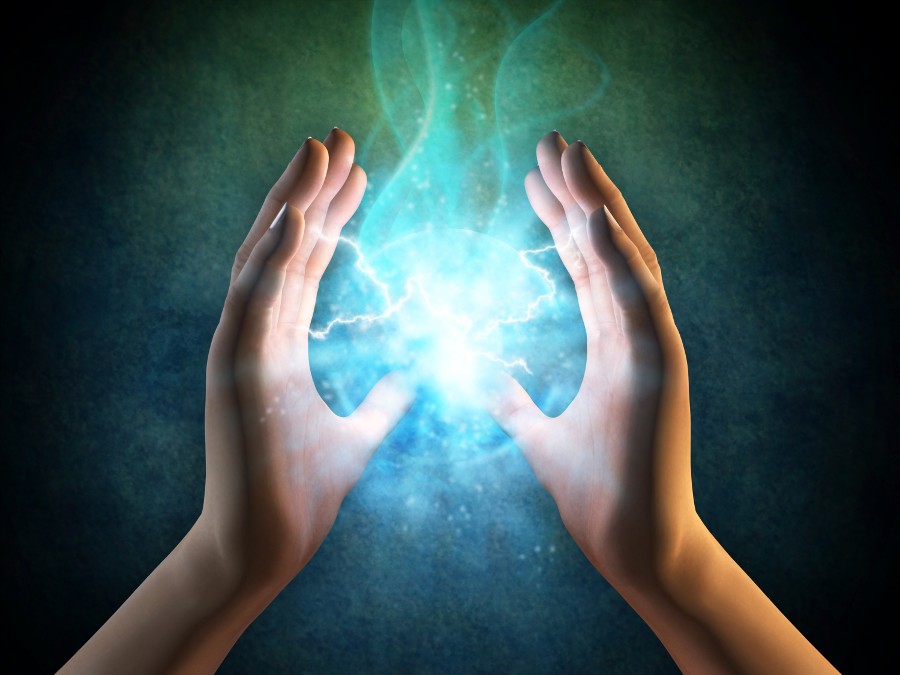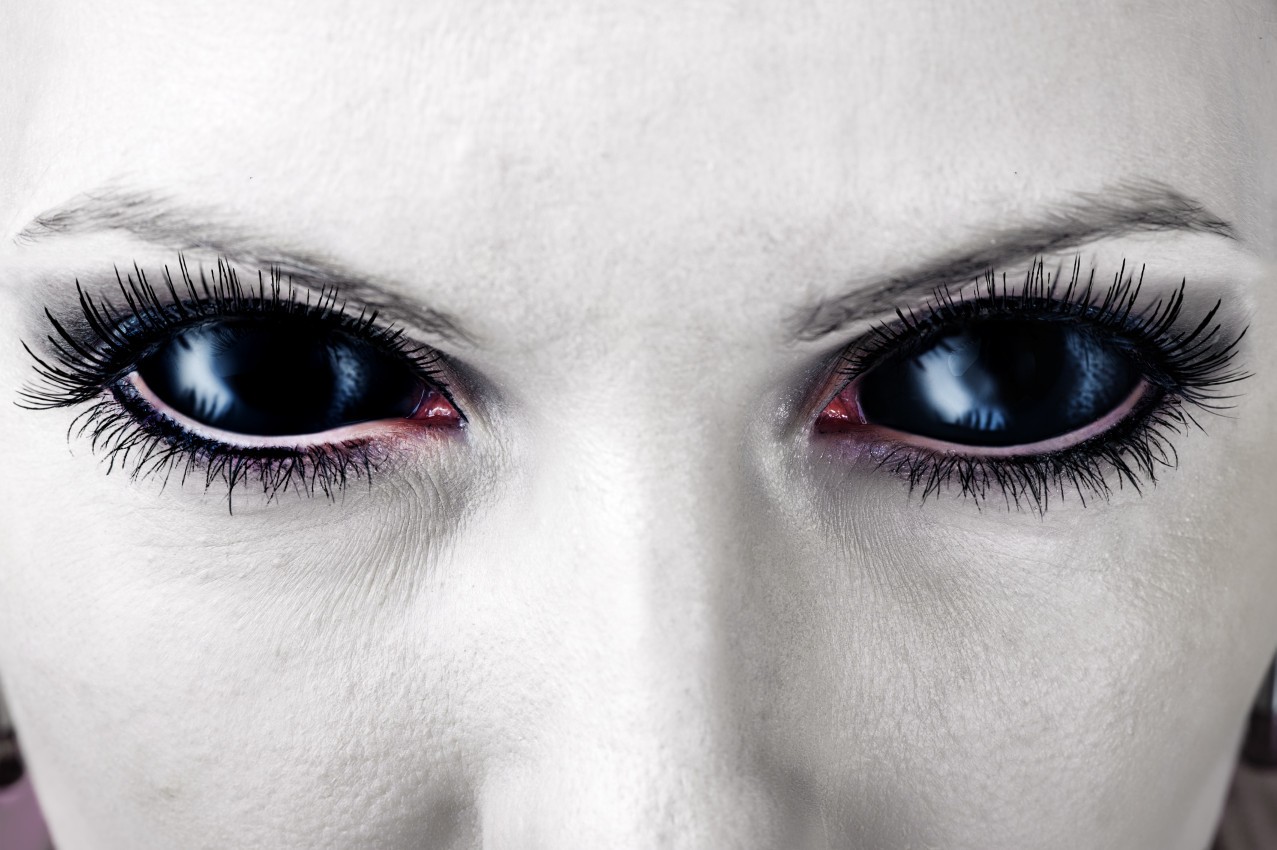Proof that Magic is Real

Magic. The word alone conjures all kinds of extraordinary ideas. It’s the foundation of fairy tales. It’s the stuff of dreams. It’s one of the reasons I love fantasy. Magic is mysterious and otherworldly. It’s a step away from the ordinary, an exploration of the bizarre. It’s a light shone into the darkest corners of existence. Of course, magic is limited to storytelling and the imagination. Isn’t it?
On the contrary, I argue that magic is real.
Wait, hold on. Let’s define our terms. What exactly is magic?
Magic eventually boils down into two categories. There’s supernatural magic, which deals primarily with the conjuring of spirits and the manipulation of a world that lies beyond the physical universe. Then there’s natural magic, which is simply a study of nature and the laws that govern its behavior. When I speak of magic here, I refer solely to the latter.
Merlin, in the 1998 NBC mini-series Merlin, recounts his own instruction in magic thusly: “I studied day and night, learned of those unseen forces that hold this world together.” Those “unseen forces that hold this world together” sound as if they belong in the domain of physics, and why not? At its heart, physics concerns itself with the four known fundamental forces of nature and how they shape the universe.
Yes, that’s right.
Natural Magic is Science.
In any sane fictional world, magic has rules. Thus, the magician is tasked with discovering and refining his understanding of what those rules are. The studious magician of fiction is almost always a seasoned scholar, either of books or of practical experience, and has spent a lifetime probing those secret forces of nature that ordinarily remain aloof of common everyday experience.
The alchemist of old was nothing more than the ancient precursor to the modern chemist. Like the modern chemist, he sought to understand the ways in which materials interact with one another. He ran experiments, made observations and took notes.
That’s science.
But science is so ordinary and mundane! When has science ever produced magical results?
The magician of fantasy and the scientist of the real world have more in common than many realize. Like the magician, the scientist has learned to harness and exploit the laws of nature for technological advantage. In reality as well as fiction, this has lead to mind-blowing breakthroughs. We’ve developed nearly instantaneous visual and auditory communication over significant distances. We’ve developed a means of reliably transmitting incredible amounts of energy, capable of powering great hulking machines and lighting cities at night. We’ve developed a means of traveling by flight. We’ve even developed methods of sending men to other worlds.
Sounds magical to me.
But science is logical. It can be explained. Magic is arbitrary and irrational. It defies understanding.
Well, can the laws of nature as revealed by science be fully explained? True, larger and more general aspects of reality can always be broken down and explained by progressively smaller units of knowledge. Why does an object grow hot when it sits on a stove, for example? Because, among other things, the molecules on the stove, which are vibrating very fast, are bumping into the molecules in the object, which aren’t vibrating as fast. This causes them to bounce around more quickly, which we perceive as heat.
We could break the process of inquiry down further. We could ask why faster moving molecules speed up slower moving molecules when they collide. This would inevitably lead to a discussion of momentum and electromagnetic forces. On and on we could go, descending further and further into ever smaller units of knowledge. But at the end of this long and winding chain of questions and answers is something that must simply be accepted, a philosophical brick wall. Ultimately, why do the fundamental forces of nature exist and behave the way they do? Because they do.
And is magic really all that irrational? On the contrary, a believable system of magic must be internally consistent and obey ordered laws. True, there are concessions that must be made. But that’s nothing new. At its roots, science makes the same concessions. Without an axiomatic foundation on which to build, all of science would crumble to the ground.
The only thing that sets science apart from the magic of fiction is that science is a system of natural magic that happens to be real.
Conclusion
Arthur C. Clarke, in his book Profiles of the Future, wrote that, “any sufficiently advanced technology is indistinguishable from magic.” I go one step further. I argue that advanced science is indistinguishable from magic because it is magic. The only reason we take science for granted is that it’s familiar. But if the roles of reality and fiction were ever reversed, and some denizen of a far off fantasy world were to stumble across the fundamental laws of nature that we accept as part of our daily lives, they would be mystified. For them, it would not be something ordinary, but something extraordinary. For them, it would be magic.
Enter your email address and click "Submit" to subscribe and receive The Sign.
